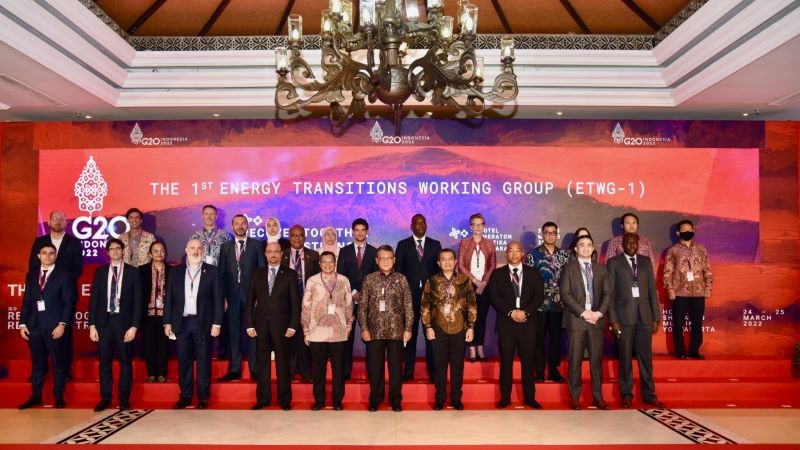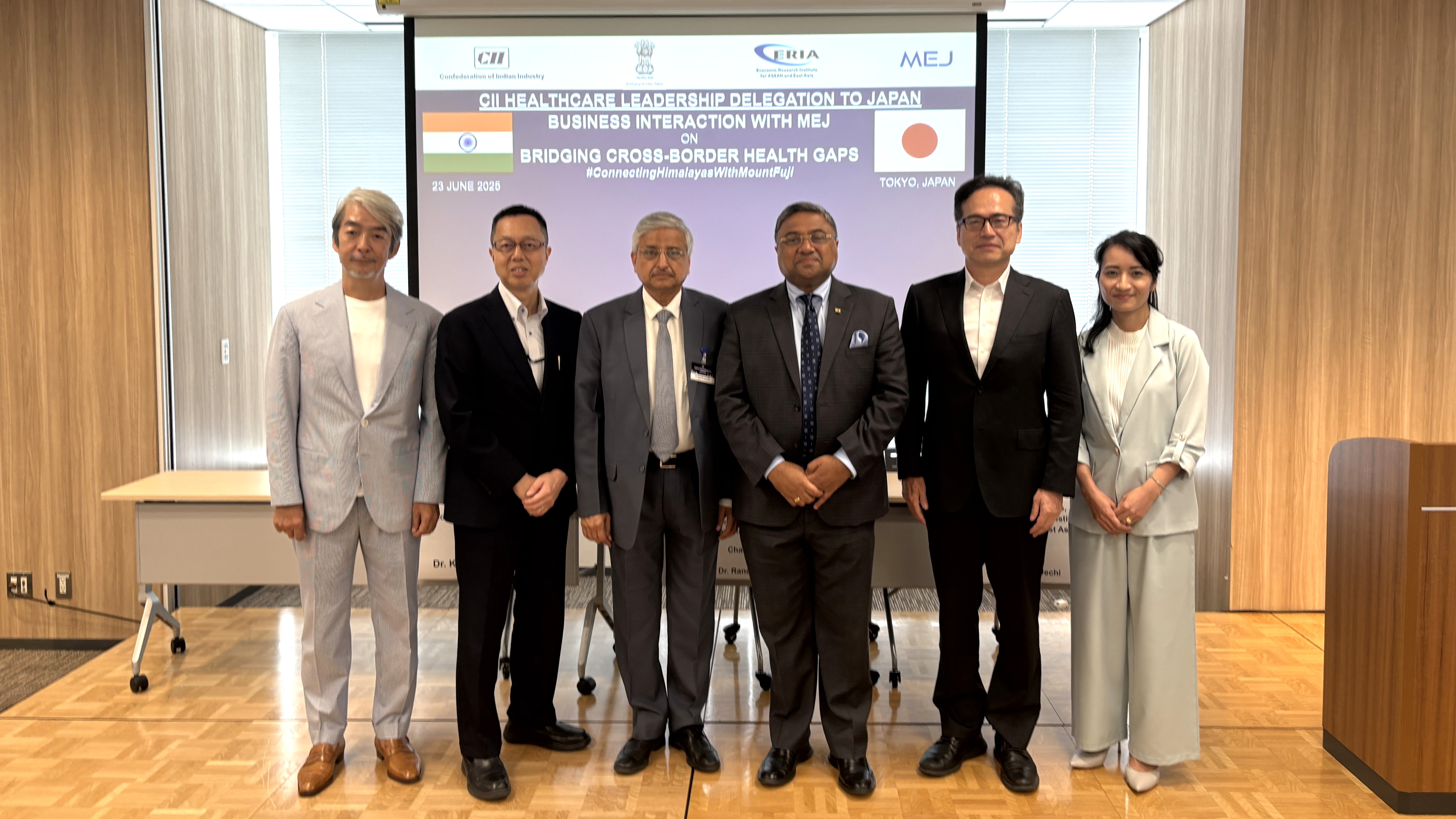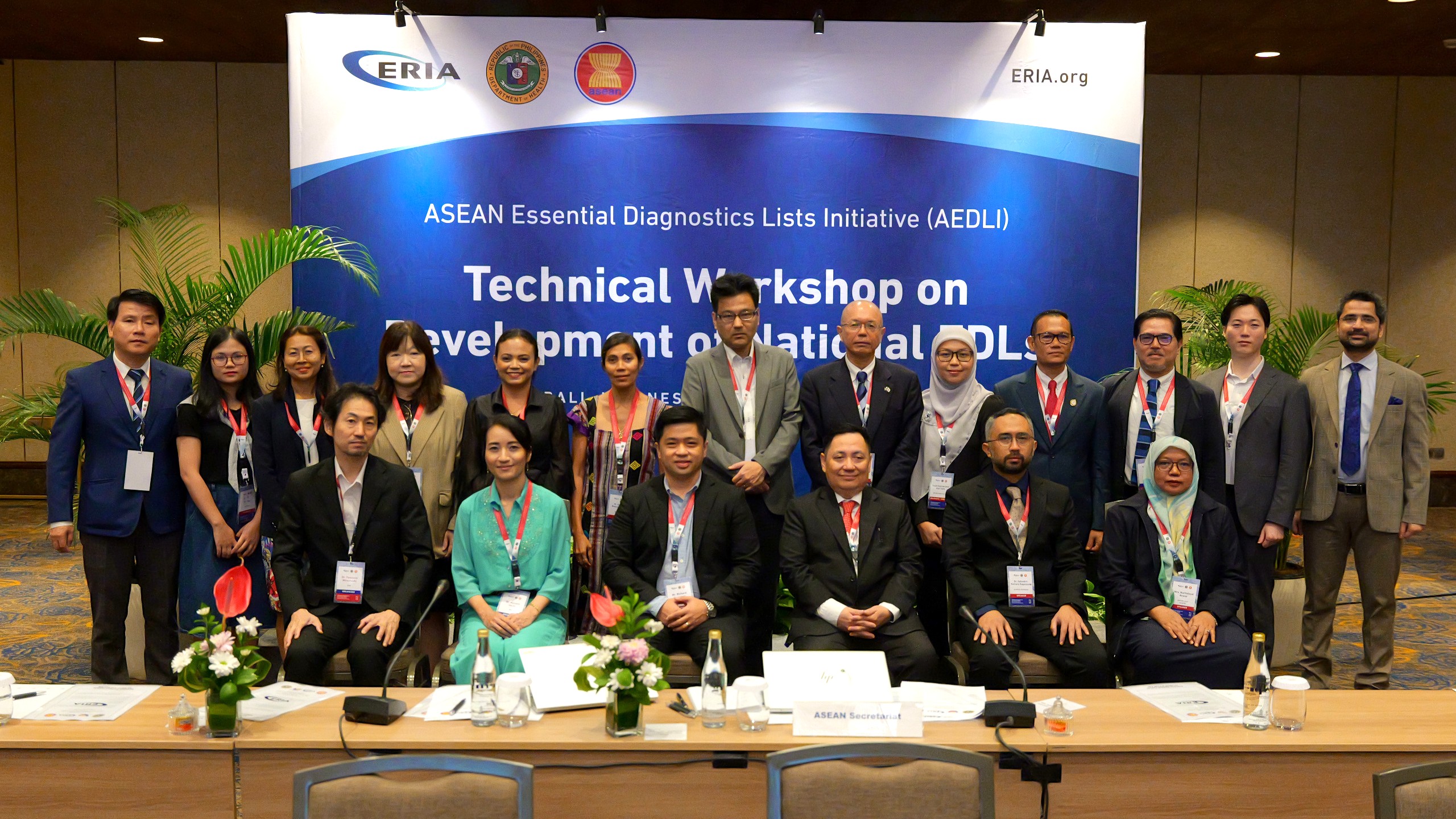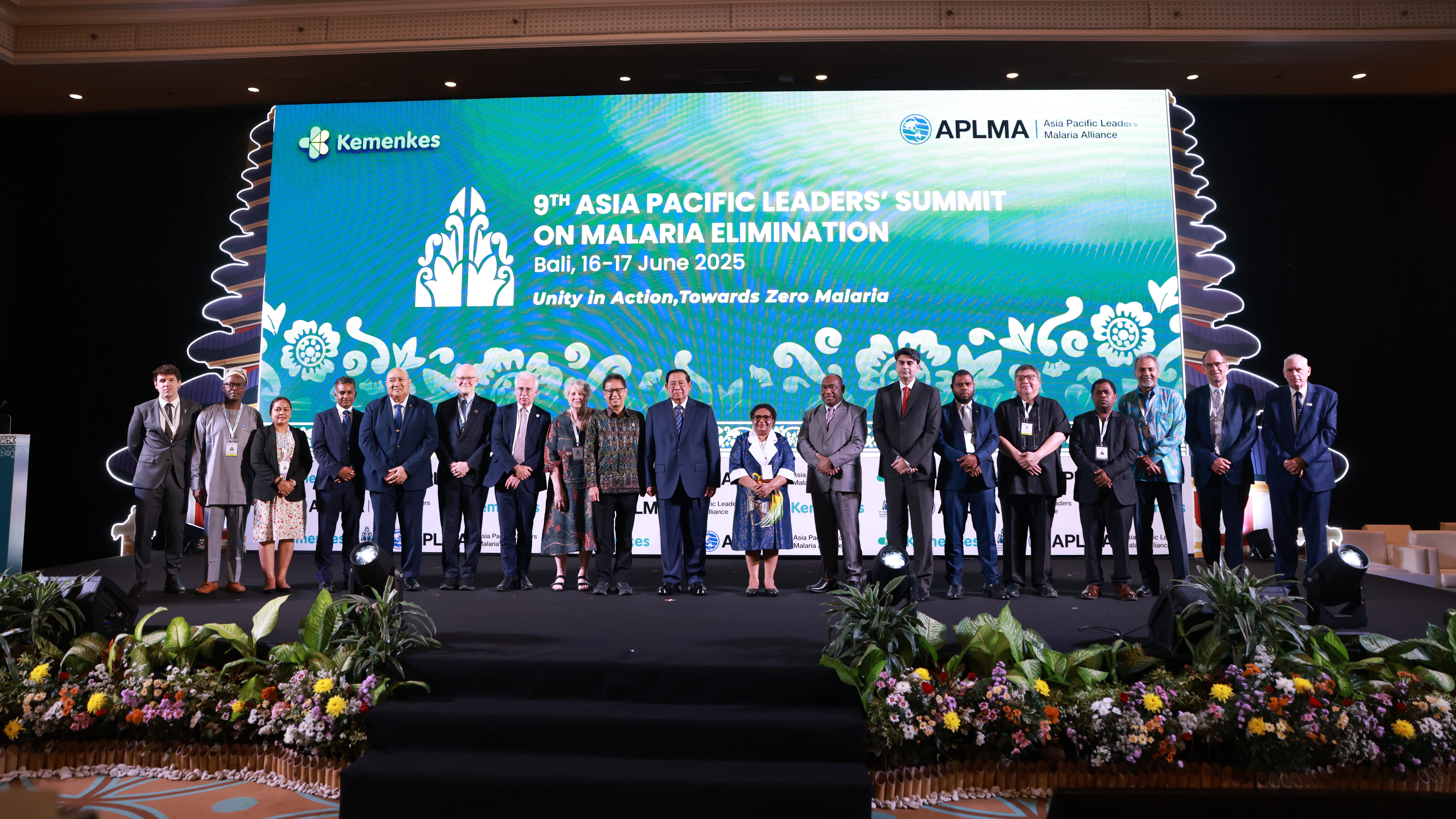ERIA Presents at the First G20 Energy Transition Working Group Meeting in Yogyakarta
Date:
25 March 2022Category:
-Topics:
-Share Article:
Print Article:
Yogyakarta, 25 March 2022: Indonesia’s G20 Presidency is eager to set its priorities through three pillars: global health, digital economic transformation, and energy transitions, envisaging more actionable results. These intentions are translated from the Presidency’s main theme ‘Recover Together, Recover Stronger.’
The G20 Energy Transition Working Group (ETWG), organized by the Ministry of Energy and Mineral Resources of the Republic of Indonesia, is one of the 13 working groups that are part of the G20 sherpa track. Working within the energy transitions pillar, the ETWG aims to strengthen global sustainable energy systems and just transitions, while accelerating efforts for achieving SDGs and mitigating the adverse impacts of climate change.
The first ETWG meeting was held in Yogyakarta from 24 to 25 March 2022 in a hybrid format. The meeting was attended by delegates from all G20 member countries, invited countries, and several international organizations, namely ERIA, the Asian Development Bank (ADB), the International Energy Agency (IEA), the International Energy Forum (IEF), the International Renewable Energy Agency (IRENA), the Organisation for Economic Co-operation and Development (OECD), the Organization of Petroleum Exporting Countries (OPEC), Sustainable Energy for All (SE4ALL), and the United Nations Economic and Social Commission for Asia and the Pacific (UN ESCAP).
Following the ETWG’s objective, the first ETWG was divided into three sessions to discuss priority issues: first, Securing Energy Accessibility, second, Smart and Clean Energy Technologies Scaling Up, and third, Advancing Energy Financing.
ERIA’s delegation was represented virtually by Prof Jun Arima, Senior Policy Fellow for energy and the Environment, and in person by Dr Han Phoumin, Senior energy Economist, and Dr Alloysius Joko Purwanto, Energy Economist. Within the priority theme of Smart and Clean Energy Technologies Scaling Up, Prof Jun Arima delivered a presentation on ‘The Role of Carbon Capture, Utilization and Storage (CCUS) in G20 Region’. Starting with a snapshot of global primary energy demand, power generation, and carbon dioxide (CO2) emissions, Prof Arima’s intervention highlighted the potential role of CCUS in the net zero emissions (NZE’s) pathway, especially after 2030. Carbon capture and storage in reducing CO2 emissions and carbon recycling or carbon utilisation can be used as a feedstock in many industrial processes to produce clean synthetic fuel or industrial end-products as part of the circular economy. Prof Arima pointed out the important carbon storage potential in the Association of Southeast Asian Nation (ASEAN) region and the role that can be played by CCUS in ASEAN to reach the region’s carbon neutrality. He included the price of investment needed to develop this technology in ASEAN.
Prof Arima also introduced the initiative of the Asia CCUS Network being promoted by ERIA and closed the speech by synthesizing several challenges of CCUS deployment, i.e., value chains and technology, commercial, technological, and infrastructure barriers to reach industrial scale of CCUS, the global and regional policies to support workable carbon markets, and the strategies to create CCUS business plans.
Photo credit: Kementrian Energi dan Sumber Daya Mineral








